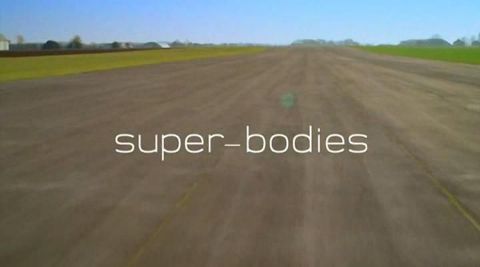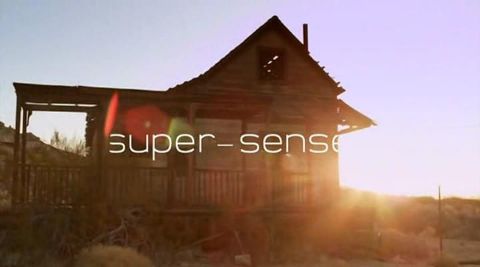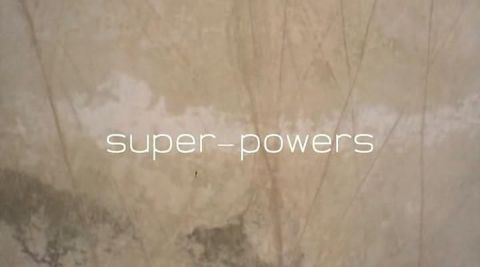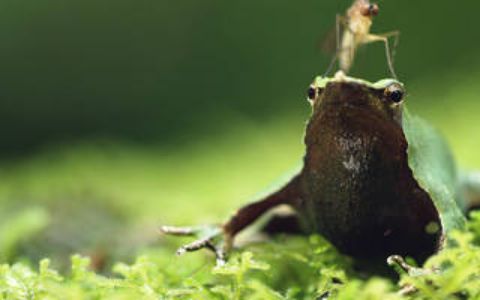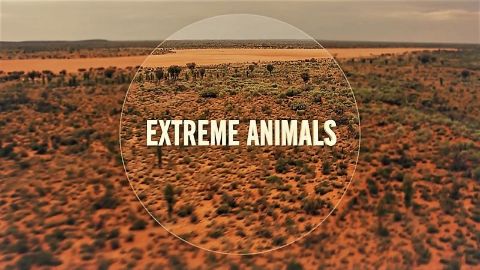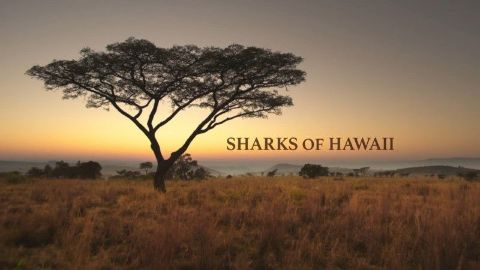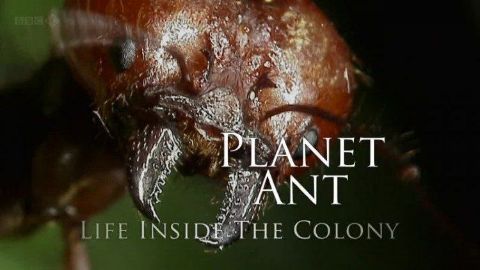Super-Senses • 2012 • episode "S1E2" • Richard Hammond's Miracles of Nature
Richard Hammond continues his exploration of weird and wonderful animal abilities by focusing on super-senses, and discovers how those same animal senses have inspired some unlikely human inventions. Richard gets buried in a Californian gold mine, attempts to talk to a rattlesnake by telephone, and is taken for a ride by a monster truck that drives itself. Along the way, he encounters elephants who can talk to each other through solid rock; seals who use their whiskers to sense the shape, size, speed and direction of an object that passed over thirty seconds earlier; and a blind cyclist who relies on fruit bats to get him safely down a twisting mountain bike trail.
Make a donation
Buy a brother a hot coffee? Or a cold beer?
Hope you're finding these documentaries fascinating and eye-opening. It's just me, working hard behind the scenes to bring you this enriching content.
Running and maintaining a website like this takes time and resources. That's why I'm reaching out to you. If you appreciate what I do and would like to support my efforts, would you consider "buying me a coffee"?
Donation addresses
BTC: bc1q8ldskxh4x9qnddhcrgcun8rtvddeldm2a07r2v
ETH: 0x5CCAAA1afc5c5D814129d99277dDb5A979672116
With your donation through , you can show your appreciation and help me keep this project going. Every contribution, no matter how small, makes a significant impact. It goes directly towards covering server costs.
